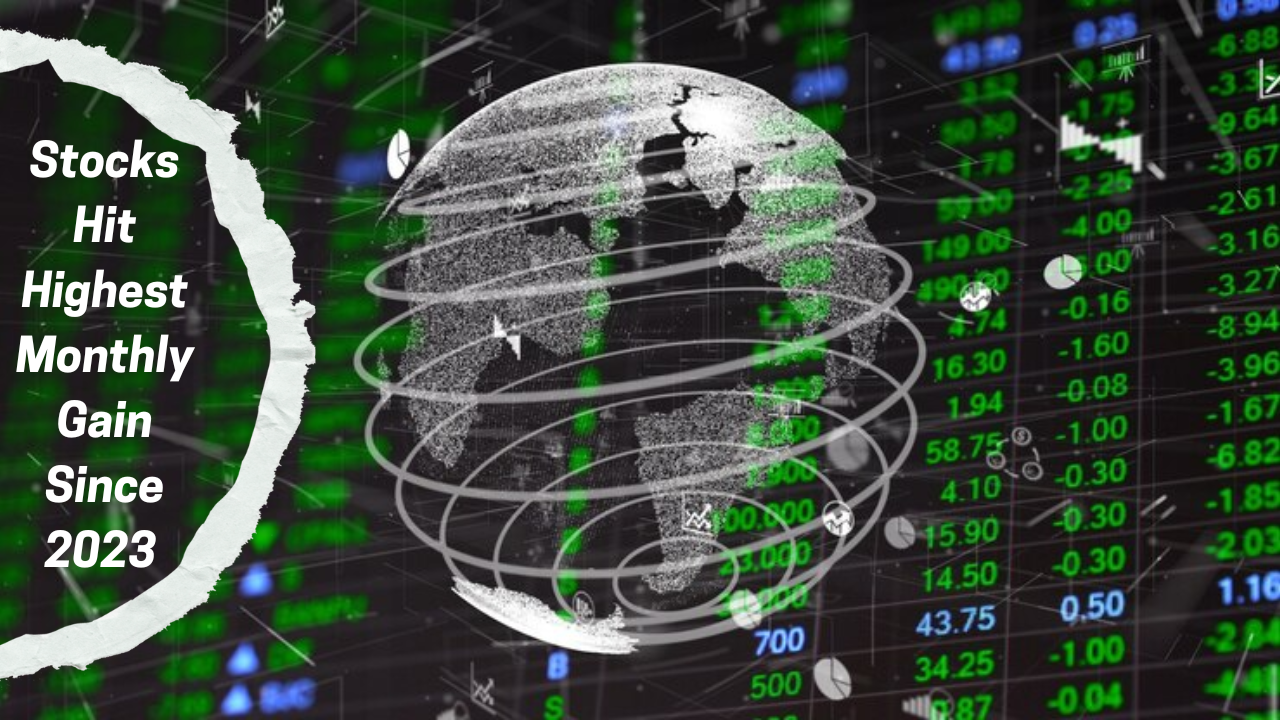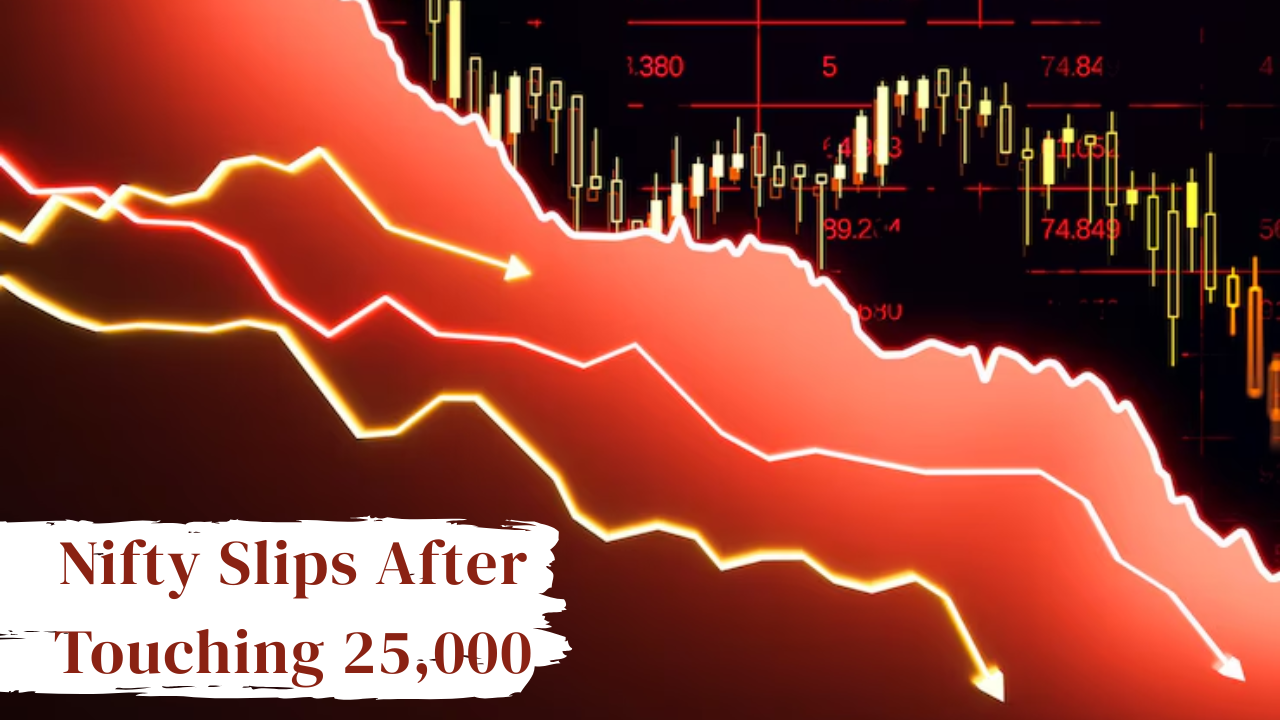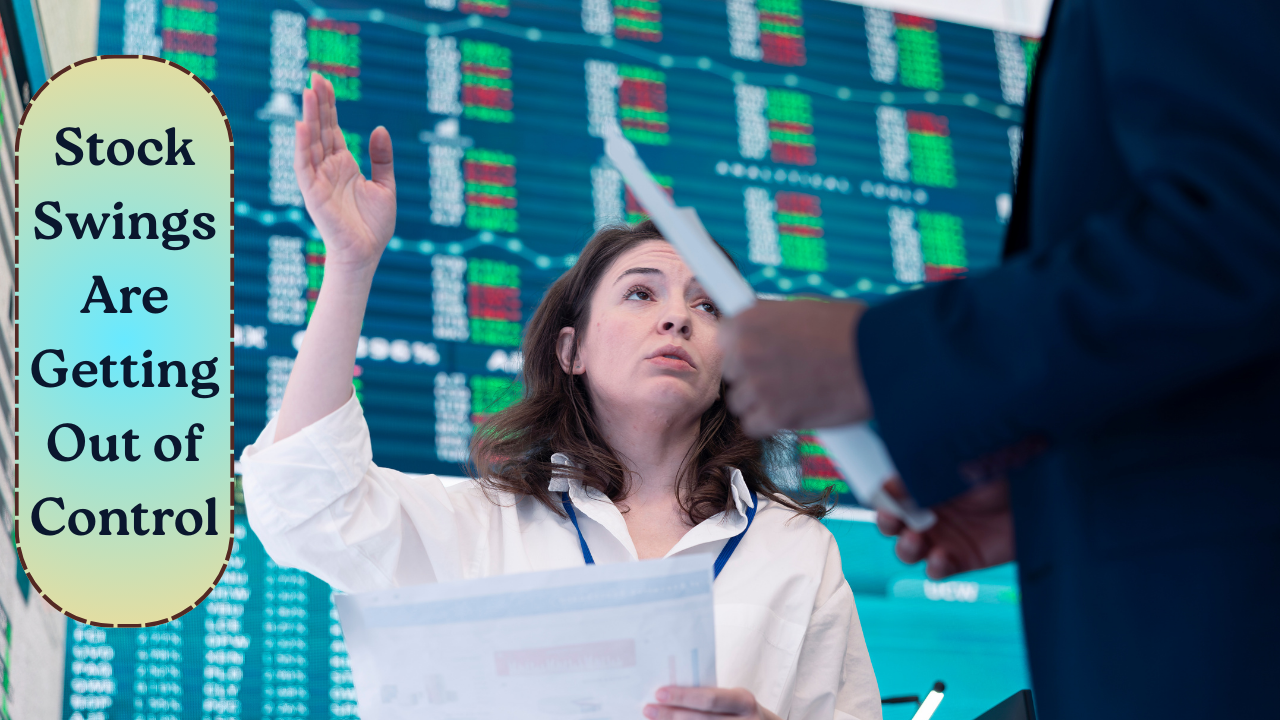
US court halts Trump-era tariffs, easing market tension but raising trade uncertainty. Stock prices rise, but volatility may persist.
US Court Blocks Trump Tariffs: Markets React with Relief and Caution
A U.S. trade court ruling has halted most of former President Donald Trump’s tariffs, saying he exceeded his authority.
The world’s financial markets saw some relief as a result of this decision, but international trade is currently facing instability.
Regarding ongoing legal actions, Germany and the European Union did not respond.
However, they continue to hope for a fair trade resolution between the EU and the U.S.
Ongoing trade talks have been affected by the decision was announced, particularly those with countries like Japan. So far, only the UK has reached a new deal.
Analysts warn that the court’s move might slow other countries from finalizing agreements.
Chipmakers, luxury brands, automakers, and banks—previously hit hard by tariffs—led market gains in stock performance.
Futures on Wall Street surged more than 1.5%. Additionally, the U.S. dollar gained strength, increasing 0.3% against the Swiss franc and 0.2% against the yen.
The decision offers short-term respite to industries most impacted by trade disputes.
Companies now have time to reorganize supply networks, control expenses, and reevaluate strategies involving stock value and supply chains.
Winners and Market Movements
European luxury and auto sectors rallied, with France’s CAC 40 stock index gaining 0.8%, and the pan-European STOXX 600 up by 0.4%.
Strong earnings from Nvidia made tech stocks go up and made people feel better about the market as a whole.
The yields on the United States Treasury increased while spot gold fell for the fourth day, indicating cautious investor optimism in stock markets.
Economists like George Lagarias argue that by temporarily capping tariff hikes at 15%, the measure allows markets time to adjust their stock positions.
Investors will be vigilant as the White House prepares to make an appeal, which could sway stock behavior in either direction.
To counteract the harm caused by tariffs, companies such as Diageo, Ford, and Honda have either lowered their projections or announced plans to expand in the United States stock market presence.
Prices have increased, distribution networks are being disrupted, and the trade war is forcing changes in approach for major stock-listed firms.
At the moment, most of the investors are still being cautious in their stock holdings.
The market is pretty up and down, and that’s likely to continue as trade talks and legal decisions are still ongoing, especially in stock-sensitive sectors.
That said, traders who know how to handle these ups and downs can still make money from stock volatility.
Just keep in mind, quick stock profits might not stick around for long.
Experts believe market volatility will continue. “Volatility is a friend to active stock investors,” said Kevin Barker of UBS.








